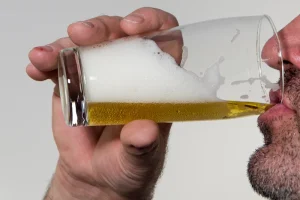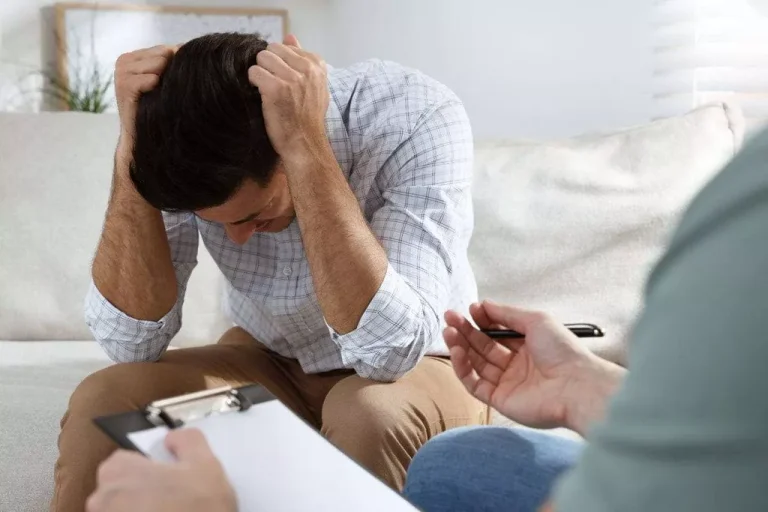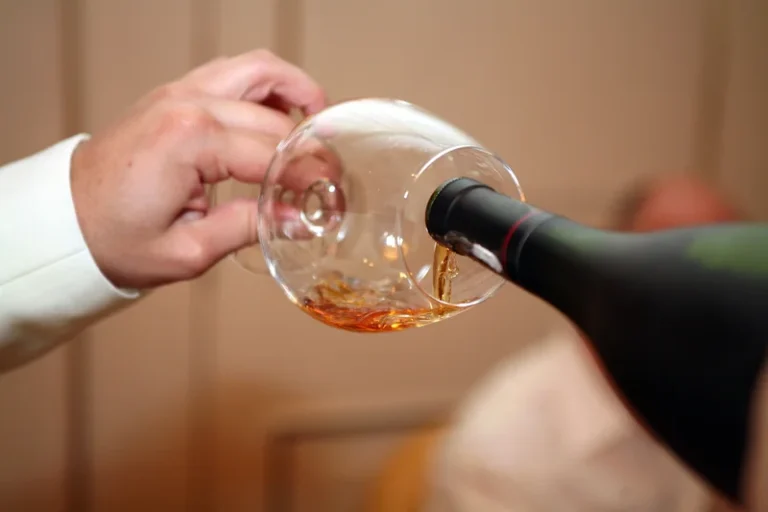
In rare cases, symptoms can develop into delirium tremens (DTs), which is a medical emergency. After 7 days, most drinkers will notice their skin hydration improve. If alcohol was triggering skin conditions like rosacea, dandruff, or eczema, you could see them begin to improve by the end of the week.
- Adjusting your relationship with alcohol may help you avoid conflict with people who care about you.
- Each sip of chilled water subtly revs up your metabolism as your body works harder to bring it up to temperature.
- For dependent drinkers, blood pressure may reduce to normal levels by the 3rd or 4th week.
Physical Benefits of Quitting Alcohol

“By eliminating alcohol, your mood stabilizes and you may experience reduced sadness, alcohol-induced anxiety and overall emotional well-being,” says Andrews. You can manage stress and cope with life’s challenges in healthier ways, she says. No amount of alcohol consumption is established as safe for cancers and overall health, notes the World Health Organization. Like ultraviolet radiation, asbestos and tobacco, alcohol https://ecosoberhouse.com/ is classified by the International Agency for Research on Cancer as a Group 1 carcinogen—the highest-risk group. Quitting alcohol for one month seems like a short time, but a 2015 study found that many people who participate in Dry January continue to drink less six months later. The “One Week No Booze Method” recently went viral on TikTok and participants are challenged to stop drinking for one week each month.
- “Proper sleep helps us maintain physical, mental and emotional health, so it’s an important consideration,” she says.
- If you are a dependent drinker who struggles with alcohol use disorder, be prepared that alcohol withdrawal symptoms may begin within the first few hours of quitting drinking.
- Additionally, the vast majority of people with alcohol use disorder have a thiamine deficiency and a high risk of developing Wernicke-Korsakoff syndrome (WKS), a serious brain disorder.
- Moreover, you shouldn’t use NyQuil as a sleep aid or for long-term treatment of symptoms.
- Dasgupta said the best people to avoid alcohol always are those under 21 years old, and not just for legal reasons.
- That’s why that initial physician consultation is so important, and with Monument, you can see a physician using your existing health insurance.
You May Feel Happier

Alcohol is linked with several types of cancer, including mouth, throat, voice box, esophagus, liver, colon and rectum, and breast cancer in females. And the risk of developing these cancers increases with the amount and duration of alcohol consumption, says Andrews. In this article, we’ll talk about the health risks that come with drinking and the benefits of quitting alcohol.

How Long Until You Feel the Benefits of Quitting Alcohol?

Alcohol may cause certain skin conditions (possibly since alcohol can trigger autoimmunity). Not drinking can resolve these unsightly skin conditions, such as eczema, hives, psoriasis, or simply itchy skin. Now that you don’t have to deal with hangovers and you no longer spend time drinking, you should have more time and capacity to exercise! Fitness is important to your overall health and sense of well-being. If the carbs in alcoholic beverages were the culprit for your elevated blood glucose levels, your blood sugar may normalize by the end of the next day. I thought the dark circles under my eyes were just “the way I look,” and the puffiness around my face was part of aging.
- We wrote an extensive piece about what happens to your body when you quit drinking.
- In fact, a massive global 2018 study suggests that no amount of alcohol actually improves your health.
- The team saw these results after adjusting for changes in diet, exercise and smoking, so the changes could be linked to people’s alcohol use.
- Alcohol causes inflammation in the lining of your stomach, causing bloat and other digestive issues.
- Cirrhosis of the liver (severe scarring of the liver) can occur over time in those who drink excessively.
- Talk therapy, either as an individual or as part of a group, can also offer support through the process of quitting.
- Your level of risk will depend on how much alcohol you have drunk over the long-term, as well as other factors like family history and lifestyle.
Plus, even without a disorder, your health can still benefit from living sober. Although one glass of wine a day can improve your heart health, what happens when you stop drinking alcohol the risks far outweigh the benefits. When you don’t drink, your immune system is stronger, meaning you’ll experience less frequent sickness.
Stopping alcohol can reduce many of these risks, potentially adding decades to your life expectancy. And stopping drinking could make feelings of stress easier to deal with. The many good reasons to quit drinking include weight loss, better sleep, a lower risk for major diseases, an enhanced immune system, healthier skin, and lower cancer risks.
That’s why it’s common for people who use alcohol to be malnourished. When you stop drinking, your skin gets more elastic and the redness and discoloration on your face will slowly fade. Neurotransmitters can rebound beyond their usual activity levels, which can leave you feeling anxious and irritable.